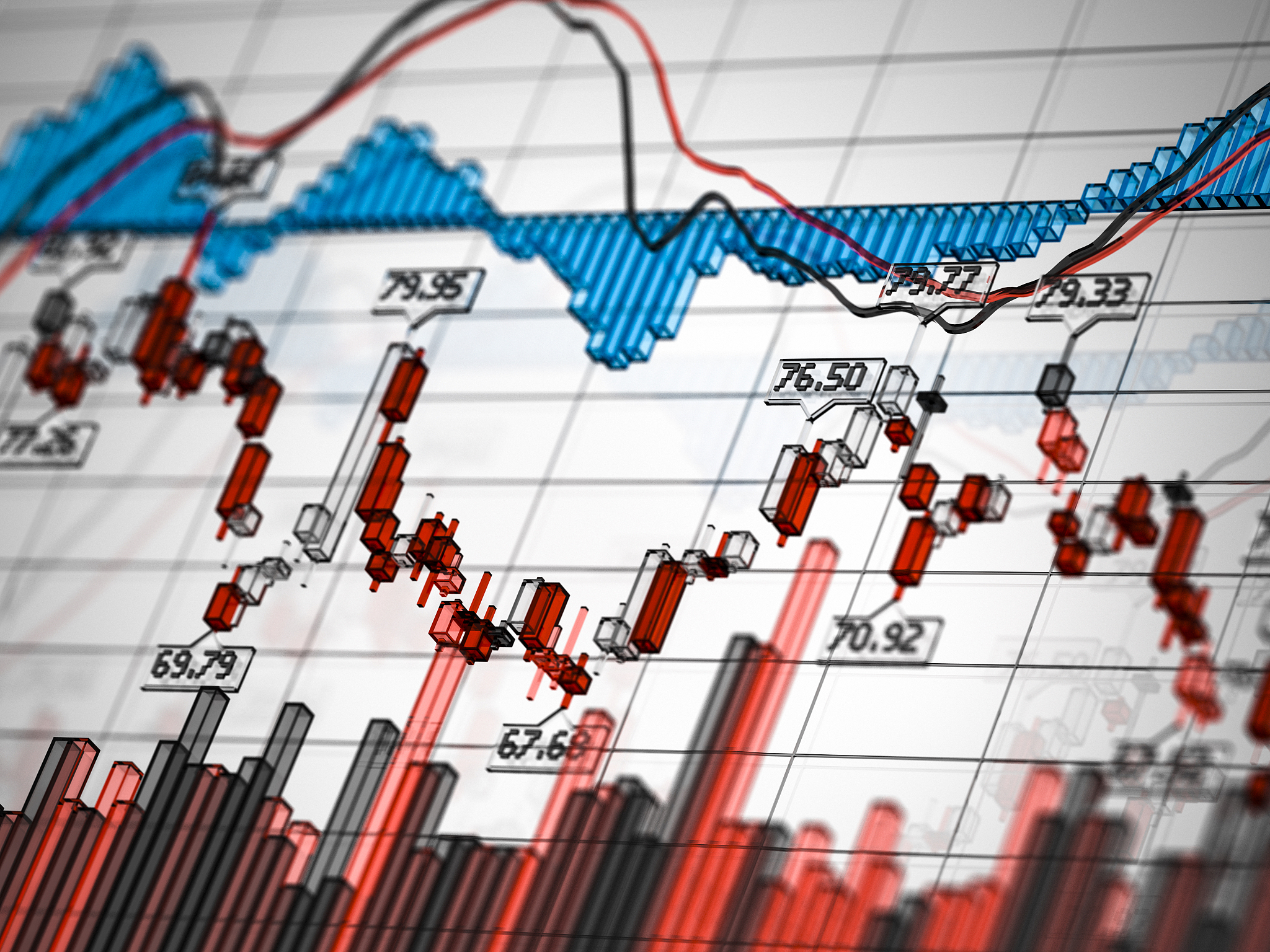How are stock prices generally affected during a negative demand shock
During a negative demand shock, stock prices are generally affected negatively. Here's why:
-
Decreased sales and revenues: Negative demand shocks often result in decreased sales and revenues for companies. This can be due to factors like reduced consumer spending, lower business investments, or declining demand for specific products or services. As a result, companies' earnings are impacted, leading to a decrease in stock prices.
-
Profitability concerns: When demand drops, companies may face challenges in maintaining profitability. They may need to reduce prices, offer discounts, or incur higher costs to adjust to the lower demand. Investors may anticipate these profitability concerns and sell their stocks, causing stock prices to decline.
-
Investor sentiment: Negative demand shocks can create a pessimistic outlook among investors. Uncertainty about the future performance of companies and the overall economy can lead to a decrease in investor confidence. As a result, investors may sell their stocks, leading to a decline in stock prices.
-
Industry-specific effects: Negative demand shocks can have varying impacts on different industries. Some industries may be more vulnerable to demand shocks than others. For example, sectors like travel and tourism, hospitality, or retail tend to be heavily affected during economic downturns. If these industries experience a negative demand shock, their stock prices may decline significantly.
-
Market-wide effects: Negative demand shocks can have a broader impact on the stock market as a whole. If the shock is severe or affects multiple sectors, it can create a domino effect, leading to a general decline in stock prices across the market. This can be driven by panic-selling, overall economic slowdown, or a decline in investor confidence.
It's important to note that the exact impact on stock prices during a negative demand shock can vary depending on the severity and duration of the shock, the specific industry or company involved, and other market factors.

原文地址: https://www.cveoy.top/t/topic/i9nC 著作权归作者所有。请勿转载和采集!